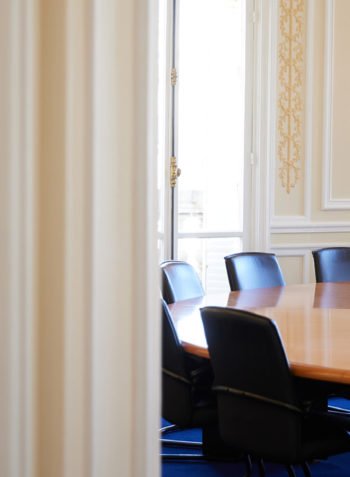
A video game publisher cannot prohibit the use of cheating software on the basis of software copyright
On October 17, 2024, the Court of Justice of the European Union issued a preliminary ruling on the scope of copyright protection for computer programs in the case of cheating software.
In this case, Sony filed a complaint in Germany against Datel, a company marketing software enabling PSP console users to “cheat” in Sony’s multiplayer games, arguing that this software infringed its right to authorize the modification of its games. The particularity of this cheating software is that it does not reproduce or change the source code or the object code. Instead, it works with the game by temporarily modifying certain data stored in the console’s RAM and used while the game is running, thus influencing its progress.
In response to the question of whether changing the variables of a video game constituted an unauthorized adaptation of the game, the Court held that copyright protection for software was not applicable in this case, because it only applies to the source code or object code of the program, i.e. the very structure of the software, which in this case was not impacted by the use of the cheat software.
Cheat software publishers should not, however, rejoice too quickly over this decision, as video game publishers have other means to try to prevent cheat software from being marketed: beforehand, they can incorporate technical protection measures into their games to prevent cheating software from operating, and/or include a prohibition on players using cheating software in their games’ general terms and conditions of use; afterwards, they can take action on the grounds of unfair competition against publishers of such cheating software.



